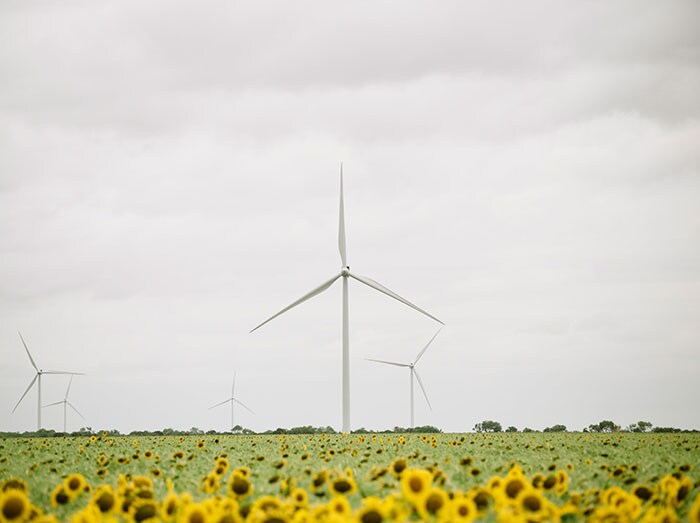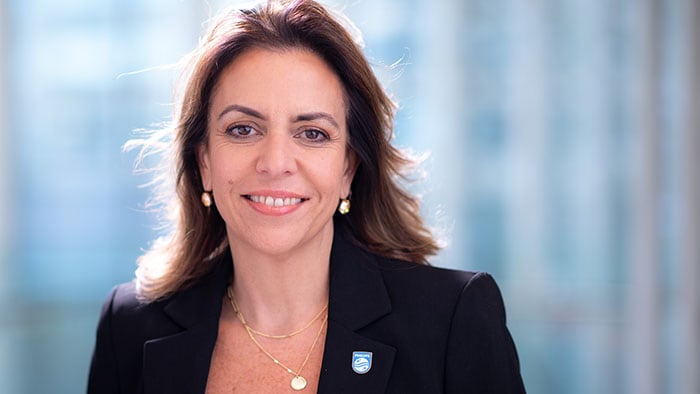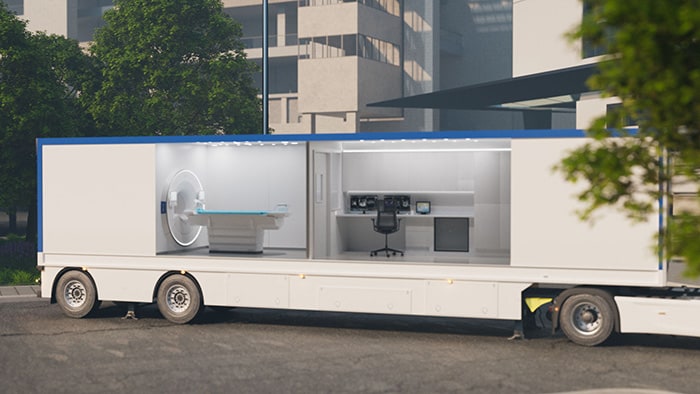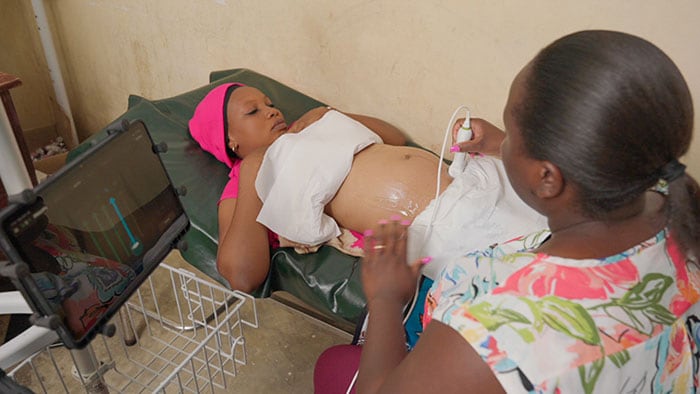Feb 26, 2019
Philips on track to becoming carbon-neutral in its own operations by 2020
Halfway through its 5-year sustainability program ‘Healthy people, Sustainable planet’, Philips is on track to meet all its targets, with 12% of revenues from Circular Products and Solutions and 64% from Green Revenues in 2018.
Amsterdam, the Netherlands – Royal Philips (NYSE: PHG, AEX: PHIA), a global leader in health technology, today reported further progress in its sustainability performance in 2018 with a significant reduction of its carbon footprint by 10% compared to 2017, driven by a 53% decrease in total CO2 emissions from Philips’ own manufacturing operations. The Philips 2018 sustainability update is an integral part of the Philips Annual Report 2018. At the UN Climate Change Conference COP21 in 2015, Philips pledged to play its part in fighting climate change, “the greatest threat to global health in the 21st century” according to Dr. Margaret Chan, Former Director of the World Health Organization. The company committed to becoming fully carbon neutral in its own operations, and to sourcing all its electricity usage from 100% renewable sources by 2020. Delivering on that commitment, in 2018 the company increased its global renewable electricity share to 90% from 79% in 2017. All Philips’ US operations were powered by renewable electricity from the Los Mirasoles windfarm in 2018. In addition, the Krammer and Bouwdokken windfarms in the Dutch province of Zeeland, with whom the company closed long-term contracts through its renewable electricity purchasing consortium with AkzoNobel, DSM and Google, have started powering all Philips’ operations in the Netherlands. Combined with the Los Mirasoles windfarm this covers more than half of the company’s total electricity demand.
I am proud that our drive for innovation is having an impact on making the world healthier and more sustainable, and I am convinced that it will increasingly do so in the future.
Frans van Houten
CEO of Royal Philips
“With our 5-year sustainability program ‘Healthy people, Sustainable planet’ we continue to deliver on our commitment to create value for our customers though sustainable solutions, leading by example in our sustainable operations, and driving sustainability through our supply chain,” said Frans van Houten, CEO of Royal Philips. “I am proud that our drive for innovation is having an impact on making the world healthier and more sustainable, and I am convinced that it will increasingly do so in the future”. Aligned with the United Nations Development Goals, Philips’ Healthy people, Sustainable planet program involves three focal areas: access to care for the underserved (SDG3), sustainable use of materials (circular economy and eco-design) (SDG12) and sustainable use of energy (energy and emission reduction and renewable energy) (SDG13). Philips’ 2018 highlights for these streams include: [1] Green Revenues are revenues generated through products and services that offer a significant environmental improvement in one or more Green Focal Areas: Energy efficiency, Packaging, Hazardous substances, Weight, Circularity and Lifetime reliability. For healthcare equipment, remote serviceability is another Green Focal Area. The lifecycle approach is used to determine a product’s overall environmental improvement. It calculates the environmental impact of a product over its total life cycle (raw materials, manufacturing, product use and disposal). [2] Circular Revenues are defined by revenues generated through products and solutions that meet specific Circular Economy requirements. These include performance and access-based business models, refurbished, reconditioned and remanufactured products and systems, refurbished, reconditioned and remanufactured components, upgrades or refurbishment on site or remote, and products containing at least 30% recycled plastics. [3] Sustainable Innovation is the Research & Development spend related to the development of new generations of products and services that address the United Nations’ Sustainable Development Goals 3 (“to ensure healthy lives and promote well-being for all at all ages”) or 12 (“to ensure sustainable consumption and production patterns”).
About Royal Philips
Royal Philips (NYSE: PHG, AEX: PHIA) is a leading health technology company focused on improving people's health and enabling better outcomes across the health continuum from healthy living and prevention, to diagnosis, treatment and home care. Philips leverages advanced technology and deep clinical and consumer insights to deliver integrated solutions. Headquartered in the Netherlands, the company is a leader in diagnostic imaging, image-guided therapy, patient monitoring and health informatics, as well as in consumer health and home care. Philips generated 2018 sales of EUR 18.1 billion and employs approximately 77,000 employees with sales and services in more than 100 countries. News about Philips can be found at www.philips.com/newscenter.
Forward-looking statements
This release contains certain forward-looking statements with respect to the financial condition, results of operations and business of Philips and certain of the plans and objectives of Philips with respect to these items. Examples of forward-looking statements include statements made about the strategy, estimates of sales growth, future EBITA, future developments in Philips’ organic business and the completion of acquisitions and divestments. By their nature, these statements involve risk and uncertainty because they relate to future events and circumstances and there are many factors that could cause actual results and developments to differ materially from those expressed or implied by these statements.












